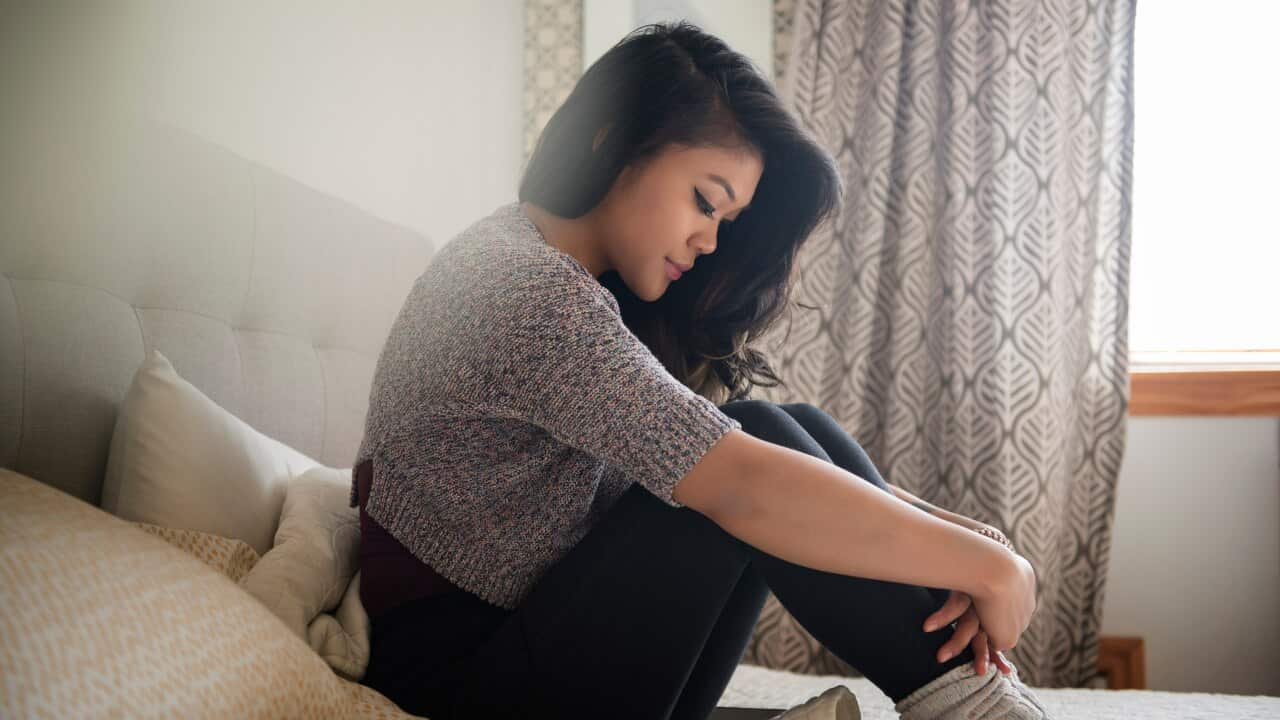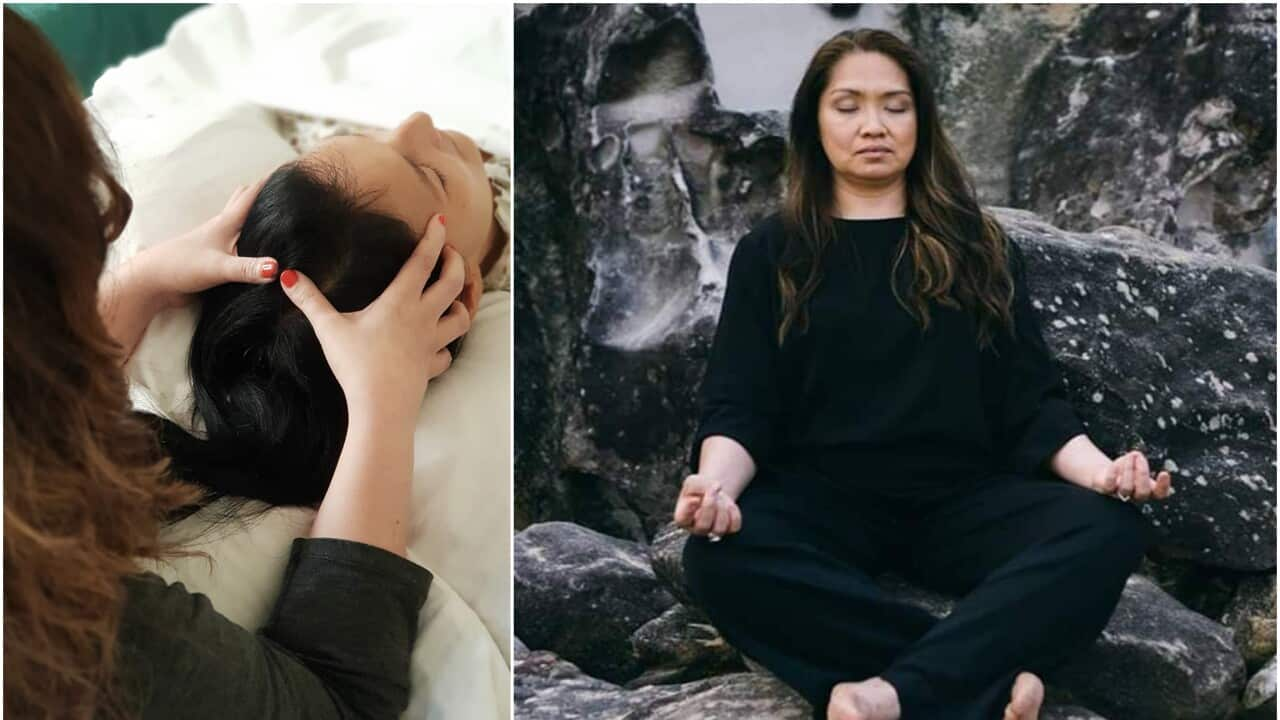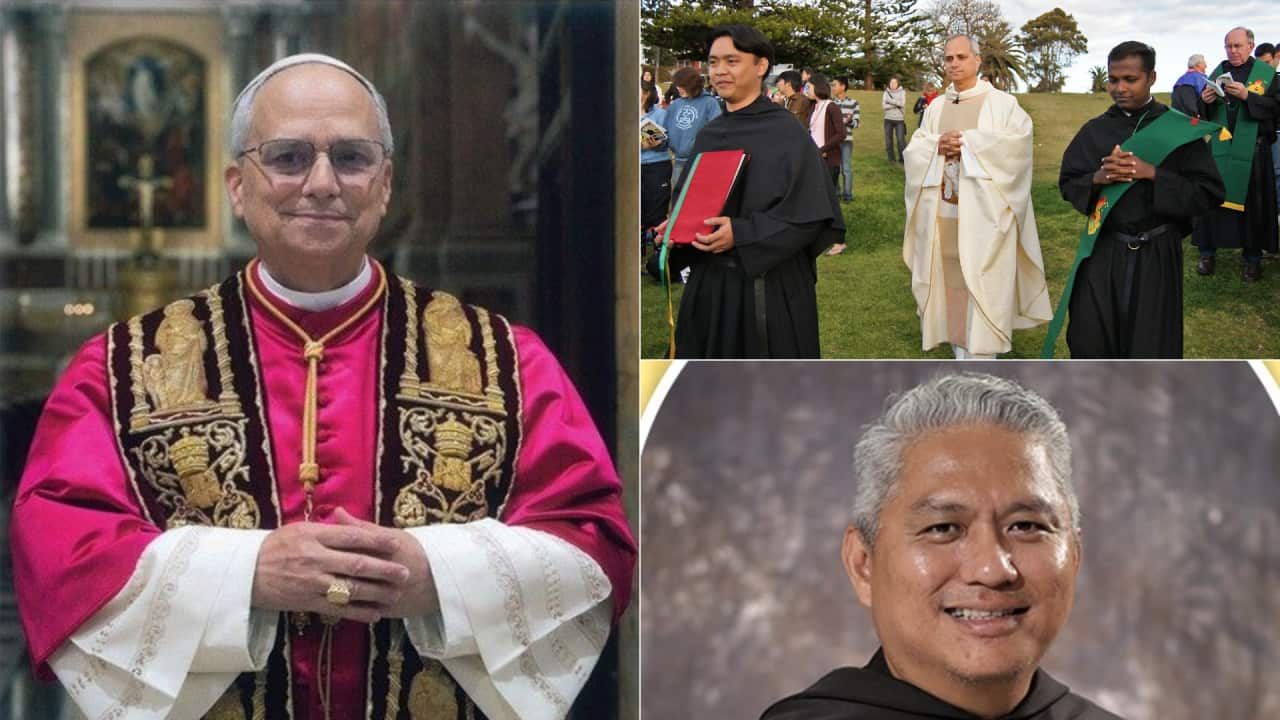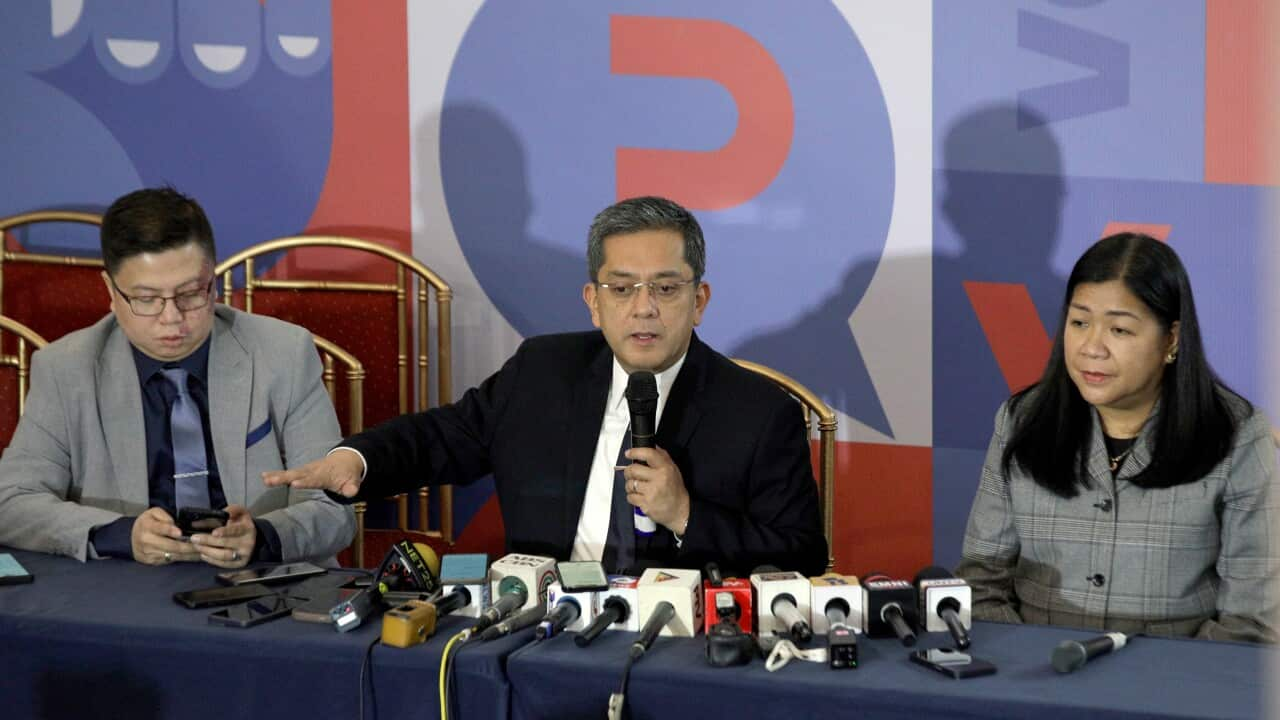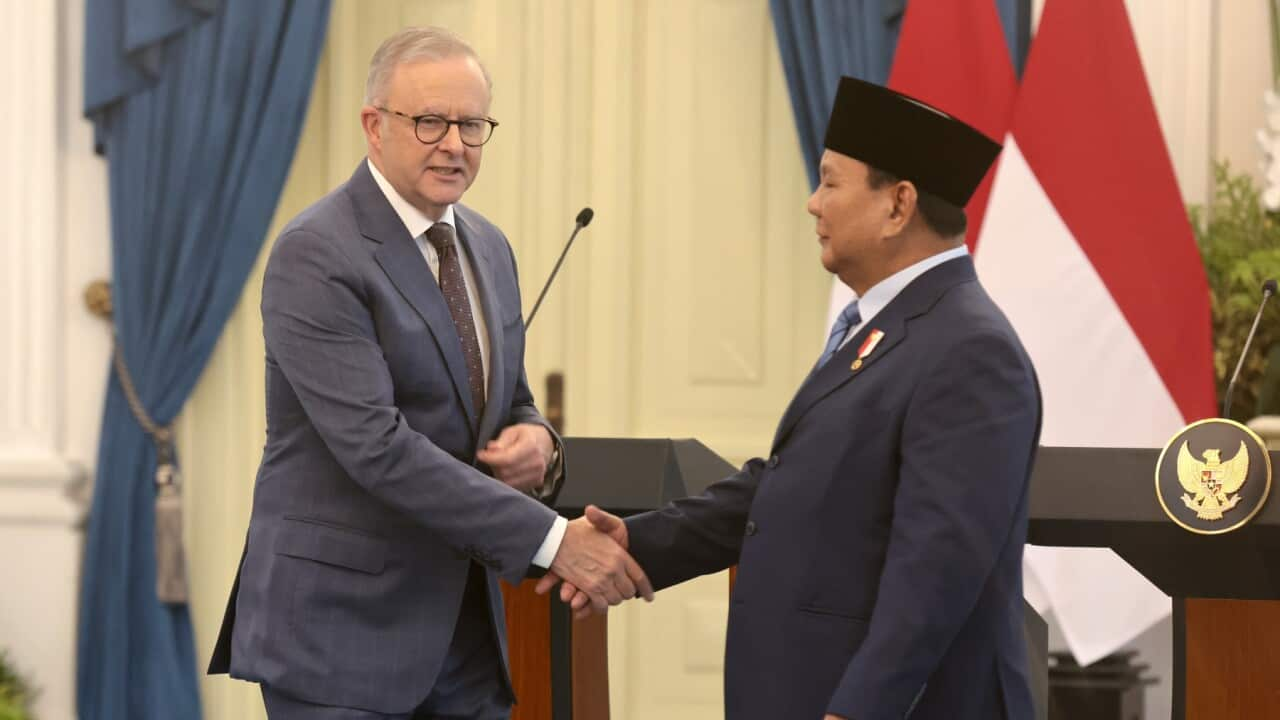"I come in knowing that every single time I take a call, I am helping at least one person out. I'm helping the community and I think that's what makes me love coming to work."
It's not work that everyone would love; but for Ballarat resident Eileen Rivera, being a call-taker for Emergency Services Telecommunications Authority (ESTA) is a mix-bag of excitement, heartbreak, fatigue and satisfaction over being part of something bigger than herself.
Calls for help
"I psych myself even before I got to work; but more than that, I try to focus on myself before going to work. I stretch. I meditate. I do this so that I can focus when I get to work," Eileen shares.
Focusing at work means being prepared for seventy to a hundred calls a day, never knowing what crisis needs tending to. She says that car accidents are common in the morning, especially with people rushing to work. Winter weekends also see a spike in calls due to outdoor sports accidents and, summer brings about a rise in fire emergencies.
She says that car accidents are common in the morning, especially with people rushing to work. Winter weekends also see a spike in calls due to outdoor sports accidents and, summer brings about a rise in fire emergencies.

Focusing at work means being prepared for seventy to a hundred calls a day, never knowing what crisis needs tending to. Source: Eileen Rivera / ESTA
"We take calls from all over Victoria. ESTA has a few centres across the state; [so] regardless of the day [or season], we will have busy moments. You never know when an emergency will occur."
While emergencies are nearly impossible to predict, what can be relied on are the call-takers who tirelessly take on twelve-hour shifts.
"Typically, we have two-day twelve-hour shifts. I do 6:30am to 6:30 pm. It's long, but I get four days off so it's not so bad," Eileen shares, adding, "Every two hours at work, we get a thirty-minute break; but we can't leave the centre because obviously, we have to be able to get to the phones right away if there's an emergency." And when emergencies occur and calls come in, Eileen says that they've gone through rigorous training and taught techniques on how stay calm.
And when emergencies occur and calls come in, Eileen says that they've gone through rigorous training and taught techniques on how stay calm.

"Typically, we have two-day twelve-hour shifts. I do 6:30am to 6:30 pm." Source: ESTA
"If you think about it, those who call are going through probably the most stressful situation ever. Their world then is chaotic. They're seeing a loved one hurt and they're stressed. We have to calm them down so we are able to extract information from them in a timely manner so we can send help right away."
Eileen adds that they work on very complex mapping systems to make sure that they are able to give help as efficiently and effectively as possible.
"It's true what they see on TV that we work at a desk and that call-takers are calm. It's just not true that we wear a lot of makeup as they do on TV," she laughs, adding, "[Because work can be heavy], we try to make our environment as light as we can."
Think happy thoughts
In an effort to make things lighter at work, Eileen created 'Captured', an art initiative for the ESTA Ballarat triple zero centre. "My husband is a professional photographer. We're really into the arts," she shares, adding "I've noticed a lot of people here like taking photos [and doing art] too; so I thought it would be a good idea to have that refuge inside of work. It was just a plain wall; now, it's full of the things that remind us that we have lives outside of work - especially when a day is particularly difficult."
"My husband is a professional photographer. We're really into the arts," she shares, adding "I've noticed a lot of people here like taking photos [and doing art] too; so I thought it would be a good idea to have that refuge inside of work. It was just a plain wall; now, it's full of the things that remind us that we have lives outside of work - especially when a day is particularly difficult."

"My husband is a professional photographer. We're really into the arts." Source: Eileen Rivera / Chip Shots
Eileen shares that the initiative was well-received and that it has further strengthened camaraderie at work, sharing that the photos allow and art pieces allow everyone to get to know each other at an even deeper level.
"We spend so much time together. I calculated and we spend 1/4 of our physical days with each other, so we have to able to take care of one another," she says, adding, "Mental health is important because of the nature of our work. I've experienced not taking care of my mental health or tending to the mental health of others in the past. That takes a toll."
Taking care of each other's mental health also inspired her workmates to come up with ideas of their own, including putting up photos of their pets and having a collection of recipes available for everyone to contribute to and use. "It's great that people are doing these happy things for our little family in ESTA. This shows that we are little parts of a mosaic. We're all pieces of a puzzle that when you put together, you create something beautiful. Our initiatives are physical manifestations of this thinking."
"It's great that people are doing these happy things for our little family in ESTA. This shows that we are little parts of a mosaic. We're all pieces of a puzzle that when you put together, you create something beautiful. Our initiatives are physical manifestations of this thinking."

"This shows that we are little parts of a mosaic. We're all pieces of a puzzle that when you put together, you create something beautiful." Source: ESTA
'Captured', which Eileen shares has made a positive impact in the workplace, is the start of other initiatives she wants to pursue.
"We all have our different ways of coping. Personally, I use music to de-stress. When a day is especially stressful, I go home and sing. I play my piano or my guitar. That's my refuge," she shares, laughing, "Since the weather now is getting better, I'm thinking of a next project at work - maybe a concert?"
ALSO READ / LISTEN TO

